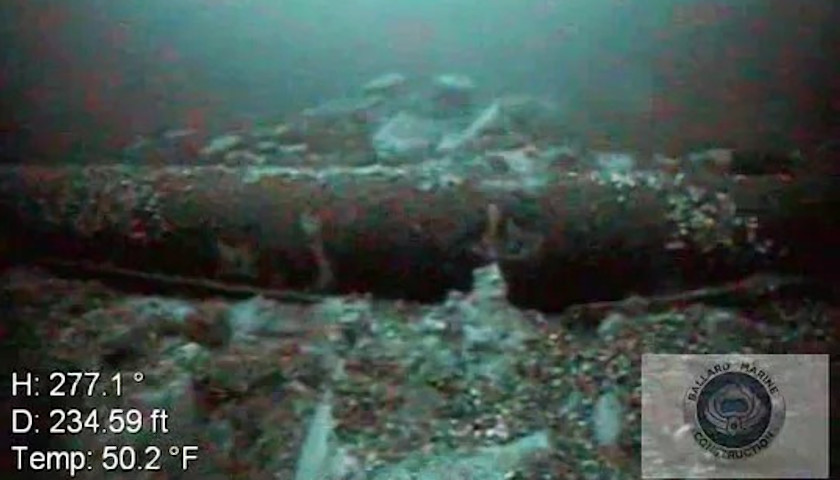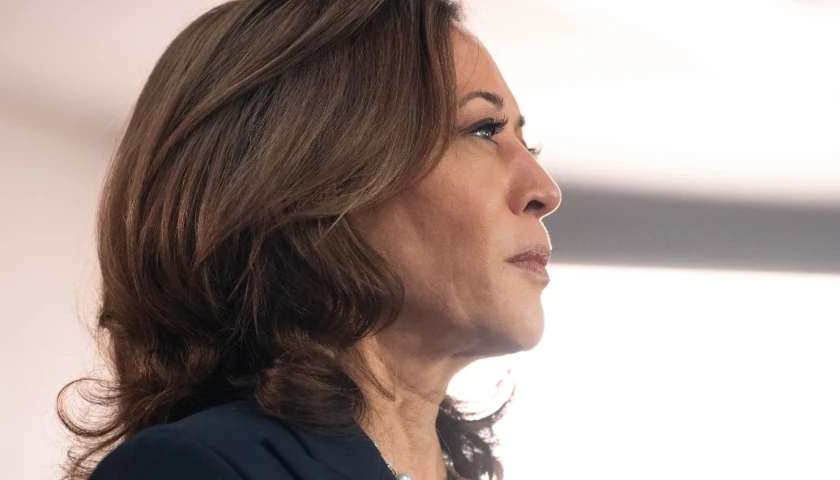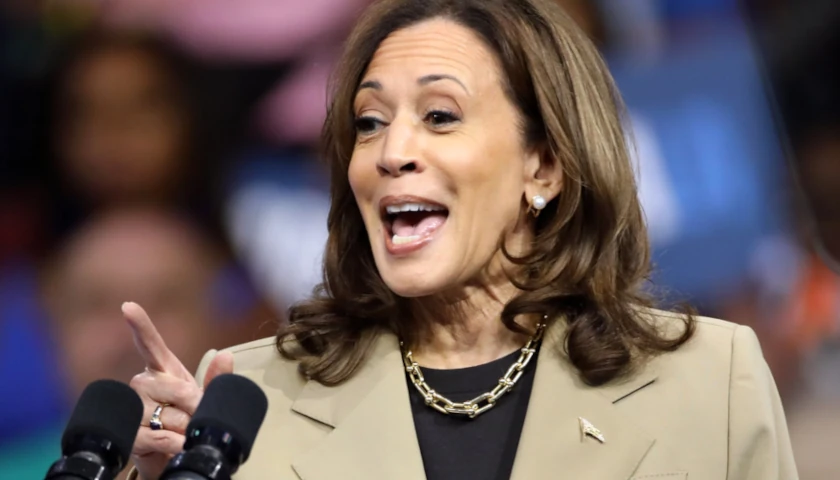by Bruce Walker
Republican gubernatorial candidates support Line 5 as it exists and champion the proposed $500 million tunnel to house the pipeline 100-feet beneath the Straits of Mackinac.
Their Democrat opponent, incumbent Gov. Gretchen Whitmer, has been attempting to shut down the pipeline as well as prevent construction of the five-mile conduit, which would be buried beneath the lakebed of the Straits.
While relatively quiet on the issue at present, the topic is expected to become a key campaign issue after one Republican candidate emerges from next month’s primary.
“Michiganders are fully aware that Gretchen Whitmer and Dana Nessel are waging a full out war to shut down Line 5 as part of their effort to enact Green New Deal policies,” Michigan Rising Action Executive Director Eric Ventimiglia told The Center Square. “Republicans have been vocal advocates for keeping the critical pipeline operational, moving the tunnel project forward, and we will continue to hear from Republicans about their plans to ensure Michiganders have access to the energy products that keep Michigan’s economy moving.”
The 69-year-old dual pipeline transports 540,000 gallons of hydrocarbons each day between the state’s two peninsulas and is a major source of heating oil and propane for Michigan homes and businesses. According to studies conducted by the Consumers Energy Alliance, closure of the pipeline would cause Midwest gasoline and diesel costs to spike $5.9 billion annually over already record-high prices. CEA also concluded fuel costs increases might surpass $23.7 billion in additional Midwest transportation costs.
Using data compiled by the Statewide Energy Assessment, Mackinac Center for Public Policy Environmental Director Jason Hayes and Center for the American Experiment Fellow Isaac Orr noted Michigan is the largest consumer of residential propane in the United States. Approximately 23,000 Upper Peninsula residential homes, or 18.6%, are heated by propane, which accounts for 78%, or 26.67 million gallons, of all propane consumption in the Upper Peninsula.
Other additional costs noted by CEA include:
- $20.8 billion loss in economic activity.
- $8.3 billion reduction in combined Gross State Product.
- $2.36 billion foregone labor earnings in salaries, wages, and benefits.
- 33,755 lost jobs.
- $265.7 million lower annual state tax revenues.
Although none of the current crop of Republican gubernatorial candidates responded with comments to an email inquiry from The Center Square, previous public comments and individual campaign websites make it clear most of them oppose shutting down Line 5.
Frontrunner Tudor Dixon’s website says her top energy priority is to “Protect Line 5.” She continues: “Enact stronger protections for Line 5 and similar critical infrastructure projects in Michigan to protect Michigan jobs, workers, and businesses.”
In a Twitter video Kevin Rinke noted Line 5 is “the safest way to protect our natural resources, and it’s the safest way to ensure that our fellow citizens in Michigan have safe, affordable and reliable services and gas that’s sorely needed.”
On his website, Ryan Kelley lists “Keep Line 5 operational and promote diverse energy solutions, including nuclear, natural gas, petroleum, solar, etc.” among his policy priorities.
Among the candidates’ websites, only Garrett Soldano does not mention Line 5.
Whitmer and Nessel, the attorney general, have been attempting to shut down Line 5 and kill the tunnel project since they assumed office on Jan. 1, 2019. They say the pipeline poses an imminent environmental hazard.
– – –
Bruce Walker is a regional editor at The Center Square. He previously worked as editor at the Mackinac Center for Public Policy’s MichiganScience magazine and The Heartland Institute’s InfoTech & Telecom News.
Photo “Enbridge Pipeline” by Lawrence Welsh.





